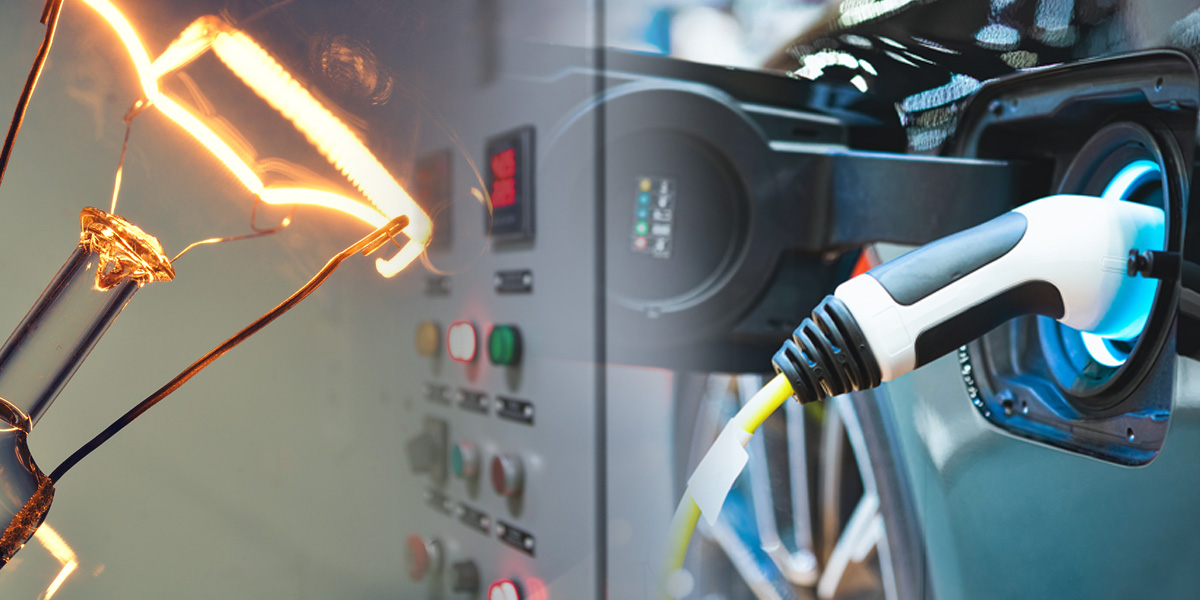$100K in grant funds to advance energy-forward innovations from UW–Madison researchers
CONTACT:
Jeanan Yasiri Moe
Director of Strategic Communications
[email protected] | (608) 960-9892
MADISON, Wis. – The Wisconsin Alumni Research Foundation announced that four projects have been selected to receive development funding through the WARF Accelerator Electrification Challenge Grant.
The grant invited submissions for new technologies to help leverage electricity from sources other than fossil fuels to power our buildings, vehicles and world. The selected projects have high potential impact and range from high performance batteries to electric machines.
Selected projects:
- Lead PI: Matthew Gebbie (Chemical Engineering) with Bingchen Wang, John McAlpine and Ryan Cashen for a new class of electrolytes to support next-generation batteries. A multibillion-dollar market, batteries are essential for the decarbonization of transportation and energy grids. But mounting environmental and human costs are driving interest in developing new “beyond lithium” batteries. This project draws on recent advances in the field to envision emerging battery chemistries.
- Lead PI: Chirag Gupta (Electrical & Computer Engineering) with Daniel Ludois and Shubhra Pasayat for a streamlined transistor design that could improve the energy efficiency of power electronics. This technology could one day help the grid deliver stable and reliable electric power derived from renewable energy.
- Lead PI: Song Jin (Chemistry) with Dawei Feng and Ethan Auleciems for high performance and commercially practical solar flow batteries – a potentially game-changing energy technology that combines the functions of solar cells and rechargeable batteries in a single system by converting solar energy into chemical energy. This project looks to achieve higher efficiency with lower costs.
- Lead PI: Eric Severson (Electrical & Computer Engineering) and Nathan Petersen for a cost- and weight-saving design to sense rotor displacement in electric machines. The need for this kind of ‘condition monitoring’ is rapidly growing in critical electrification spaces including electrified cars, aircraft, construction/agriculture vehicles, and wind turbines in remote locations. With space and weight at a premium in these motor designs, a highly integrated sensing solution is needed.
“Smart and sustainable energy is an inspiring vision,” said Erik Iverson, CEO of WARF. “The nuts-and-bolts solutions begin as bold ideas and creative collaborations here on the UW-Madison campus. We’re excited to join them in taking on this great challenge.”
Projects not selected for funding through the Accelerator Challenge Grant may still be connected to other supportive resources within WARF and the university.
About WARF
The Wisconsin Alumni Research Foundation (WARF) helps steward the cycle of research, discovery, commercialization and investment for the University of Wisconsin–Madison and provides annual support to the university to advance research and innovation. Founded in 1925 as an independent, nonprofit foundation, WARF manages more than 2,000 patents and an investment portfolio as it funds university research, obtains patents for campus discoveries and licenses inventions to industry. For more information, visit warf.org and view WARF’s Cycle of Innovation.
###
